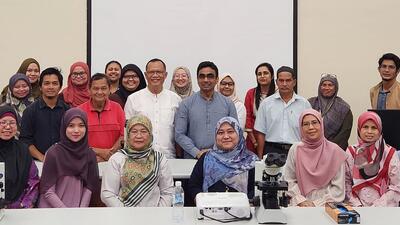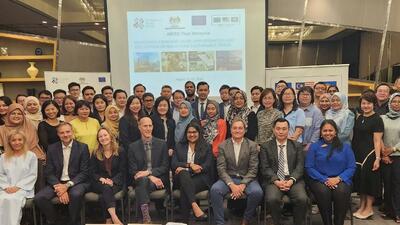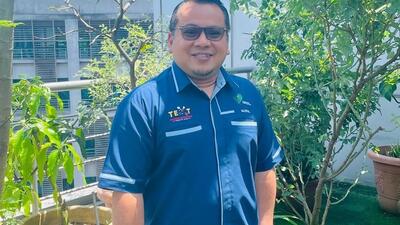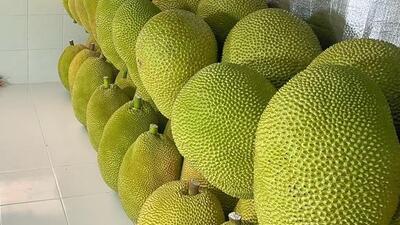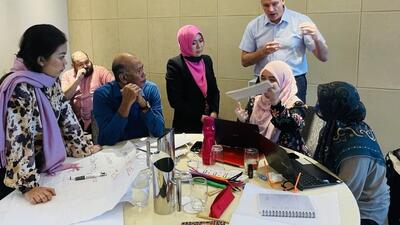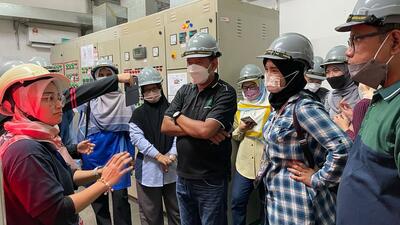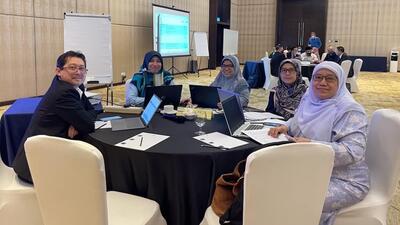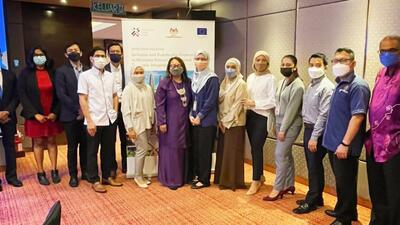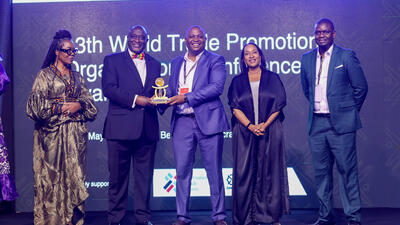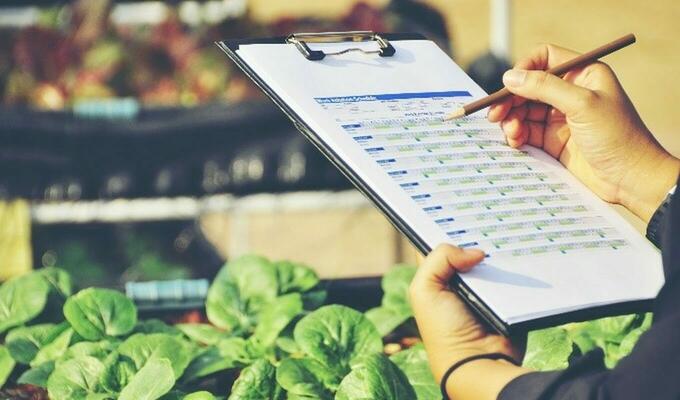
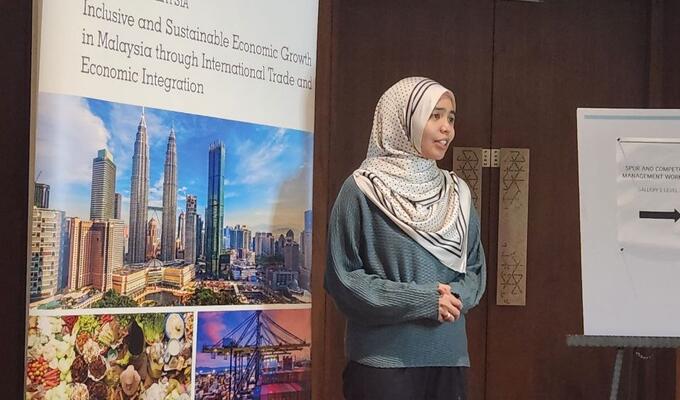
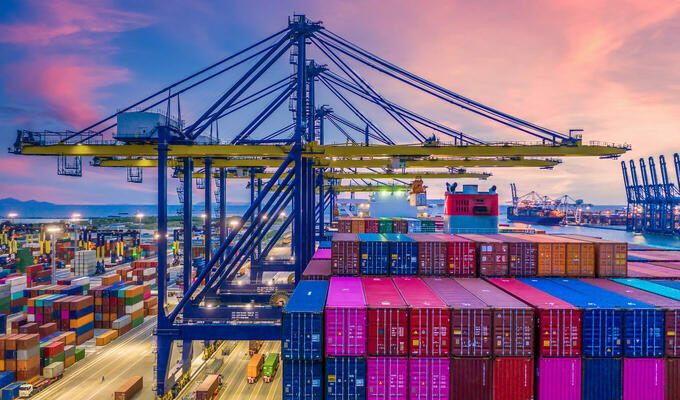
Meeting the highest standards
Steps taken to improve standards related to Green House Gases in Malaysia.
Ainaa Kamilah Roslee is a Senior Assistant Director in the Accreditation Division of the Department of Standards Malaysia (DSM).
Her division focuses on the development and maintenance of new accreditation schemes and programs under the scheme accreditation and certification bodies.
“I look for new schemes of program, evaluate and update the existing schemes. The reason for this is to upgrade the competency of auditors and Malaysia’s companies,” Ainaa says.
She believes that Malaysia could benefit from improving its standards related to Green House Gases (GHG) so that the country could catch up on pricing carbon border adjustment mechanism after standardization.
DSM will re-evaluate existing schemes every five years and is keeping abreast of international schemes.
These steps will ensure Malaysia’s ISO standards for all industries are globally aligned so that the international standards on quality management and assurance are met.
As the Ministry of Investment, Trade, and Industry (MITI) looks into carbon border adjustment mechanism to set the carbon price in Malaysia, together with DSM, it began working with the European Union funded ARISE Plus Malaysia project to support the verification and validation process of standards related to GHG, aligned with the EU Green Deal.
Recognizing the implementation process in the country as one of the biggest challenges for DSM, Ainaa worked out three different phases with the project to help expand Malaysia’s GHG landscape.
Together with the project, Ainaa organized three phases of trainings.
The first series of training was instrumental in creating awareness and stimulating engagement amongst regulators, relevant ministries and agencies that involved with matters related to GHG.
“We wanted to know if relevant parties were aware of DSM involvement in GHG standards. We invited institutions such as Bursa Malaysia, as they have new initiative on trading carbon exchange market in Malaysia,” Ainaa says explaining the benefits of the training.
About 40 participants attended the second workshop that provided technical training on the main standards used by verification and validation bodies for GHG.
Ainaa was thrilled by the feedback of the participants.
“All wanted to be certified on the standards in Malaysia as it is one of the important aspects of assessing the competency of every verification and validation personnel. Participants will be considered qualified auditors after our training.”
The objective of phase 3 is to accredit the first verification and validation body by this year.
“By doing so, Malaysia will be one step closer to have our own GHG standards,” Ainaa notes.
About the project
The ARISE Plus Malaysia project supports inclusive and sustainable economic growth in the country through enhancing sustainable business and investment environments, improving product quality and competitiveness, as well as enhancing sustainable and internationally quality-compliant practices in the agri-food sector.
The three-year project is funded by the European Union and is a part of its national and regional ARISE Plus projects to support greater connectivity and economic integration in ASEAN. The project is implemented in partnership with the MITI.






